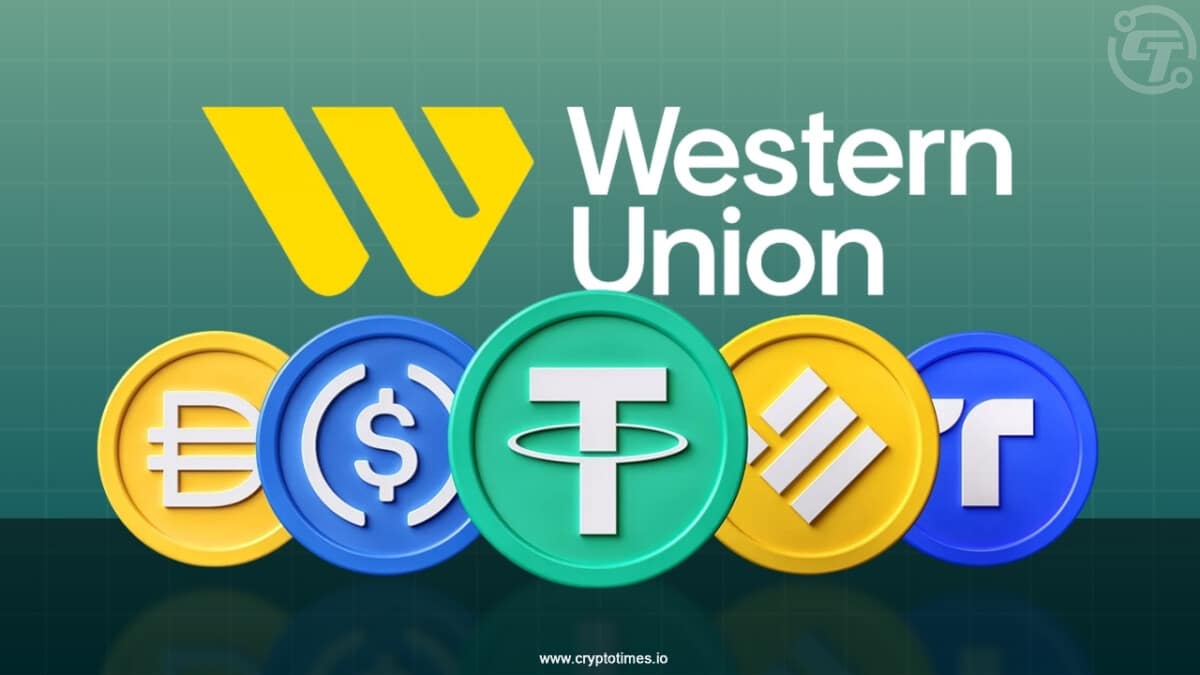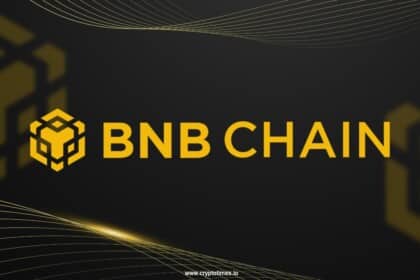Western Union has announced it will test a new system using stablecoins to make sending money around the world quicker and more affordable. The idea is to move away from traditional banking networks and bring more efficiency to how the company handles remittances for over 150 million customers in 200 countries.
During Western Union’s third-quarter earnings call on Thursday, CEO Devin McGranahan said the company’s new pilot will focus on “leveraging onchain settlement rails to reduce dependency on legacy correspondent banking systems, shorten settlement windows, and improve capital efficiency.”
McGranahan added, “We see significant opportunities for us to be able to move money faster with greater transparency and at lower cost without compromising compliance or customer trust.”
Western Union processes roughly 70 million transfers each quarter, and blockchain technology could streamline how these cross-border payments are executed.
A renewed push into digital assets
The company’s latest remarks come just a few months after Western Union first hinted at stablecoin integration for cross-border transactions. McGranahan said the firm had initially stayed away from cryptocurrencies due to volatility, unclear regulations, and consumer protection concerns.
The approval of the GENIUS Act, which gives clearer rules for using digital assets, has made Western Union more confident about testing its stablecoin project. Many other financial companies are also looking at blockchain to make transactions quicker and smoother.
Western Union says stablecoins can be a big help for people in countries where inflation is high. Being able to hold money tied to the U.S. dollar helps them keep their savings stable when local currencies lose value.
“In many parts of the world, being able to hold a U.S. dollar–denominated asset has real value as inflation and currency devaluation can rapidly erode an individual’s purchasing power,” the company said in a statement. “These innovations align closely with our broader strategy to modernize the movement of money.”
Rising competition in blockchain payments
Western Union’s move follows similar steps by major payment players. Early Warning Services, the parent company of Zelle, recently announced plans to integrate stablecoins for cross-border transfers involving the United States. MoneyGram is also getting ready to launch a new app in Colombia that will let users save and send money using USDC, allowing almost instant international transfers.
Traditional banks are joining in, too. Citigroup and JPMorgan have both confirmed they’re developing their own blockchain and tokenized deposit systems for big clients, showing how quickly the financial world is moving toward digital settlements.
With the U.S. stablecoin market already worth more than $300 billion and expected to grow to around $2 trillion by 2028, Western Union’s move is another clear sign of how the finance industry is shifting toward blockchain-based payments.
Also Read: Crypto Matures with Stablecoins and Institutions: A16z











